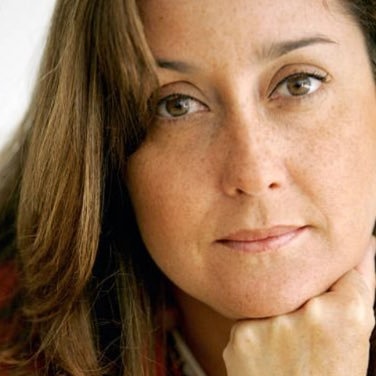“More than a country office, we need an office for the country,” said Ligia Bolívar, who believes that the Venezuelan government is making a “self-serving use” of the office’s presence for propaganda
Ligia Bolívar, a sociologist, human rights defender, and coordinator general at Alerta Venezuela, reflected on the real repercussions and impact of the activities of Bachelet’s office in Venezuela.
Bolívar described a series of “worrying signs” regarding the actions of the Bachelet delegates in the country during a conversation on the “Incidence of the Office of the United Nations High Commissioner for Human Rights”, organized by the Commission for Human Rights of the state of Zulia (Codhez)
In the first place, she criticized that the content of neither of the two letters of understanding that have been signed by the Office has been made public.
“In the case of Colombia, all the documents are posted on the website. Bachelet should not have exclusivity over the country’s affairs. More than a country office, we need an office for the country. We are interested in an office that protects the people, an office with a face and voice, not just messengers,” she said.

Although Bolívar stressed that the presence of the office in Venezuela allowed “to improve the conditions of some political prisoners,” she believes that the empty part of the glass is greater.
“The government is making a self-serving use of the office’s presence for propaganda and to evade the recommendations on human rights matters. Foreign states have not realized that this is becoming a public relations office (…): ‘I want you here, but quiet, in a corner’. The blackmail is working and we cannot allow that. ” claimed the researcher of the Human Rights Center of Andrés Bello Catholic University.
Bolívar also commented on the “silence” and the “belated reactions” of the office to worrying events, such as the violence in Apure or the persecution against members of Venezuelan NGO Azul Positivo.
“There are several moments in which the office has failed to issue a statement or has made it very late, for example, a week later. Such a delay is unacceptable because the office has people here. The United Nations cannot take that long when it has six people on the ground. This situation has to do with fear because Bachelet wants to stay in the country, but at what cost? We cannot afford to pay with silence,” she considered.
On the other hand, she also questioned the fact that in the latest reports from the office “things are said with no solid basis.”
“For example, the office affirmed that prisoners enjoy good anti-covid19 safety measures but the same paragraph acknowledges that there is no water at the prisons,” she quoted.
Civil society must be at the fore
Next September a new letter of understanding will be signed, a moment that Bolívar thinks is ideal for civil society organizations to make their presence felt.
“It is important that human rights organizations take over the office, this cannot be part of Bachelet’s agenda,” she said.

Bolívar also recalled that the presence of Bachelet’s office in Venezuela “is not a favor,” and people can make demands regarding its operation.
She noted that “autonomy and full independence” is essential for the work of the office so it can have access to the entire national territory to visit and create sub-offices. Also, the office must allow the participation of civil society and other international supervision mechanisms.
Translated by José Rafael Medina




